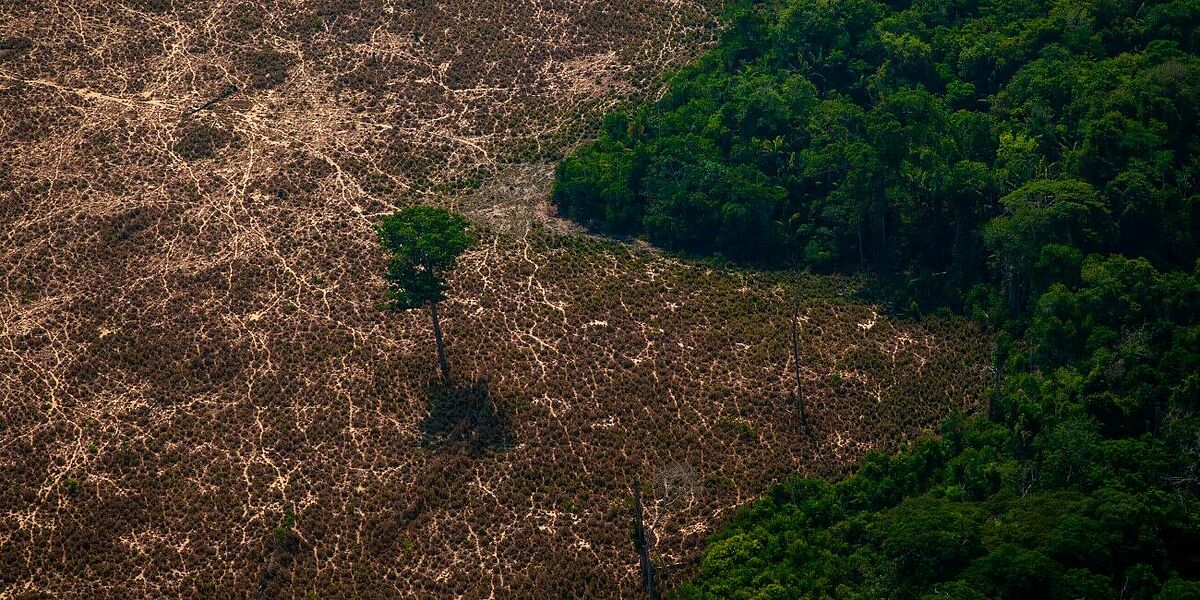Addressing the environmental agenda cannot wait for the pandemic to end

The year 2020 will undeniably be remembered as the year of the COVID-19 pandemic—the year when the entire world came to a stop and everyone had to isolate in their homes, and adapt their lives and activities to the new reality. A year in which we had to endure the constant fear of being infected by a new virus that would travel to almost every corner of the earth in just a few months. It will also be remembered as the start of the second major economic crisis of the 21st century, and by many as the year that they lost their jobs, or lost a family member without being able to say goodbye. According to the International Labour Organization, by June of 2020, the equivalent of 400 million full-time jobs had been lost around the world.
The focus on the severe social and economic impacts of the pandemic has shifted attention away from what originally caused this virus to pass to humans. Although the first half of the year saw decreased air pollution in cities, waters in port cities clean enough to reveal the remaining biodiversity, and a significant decrease in CO2 emissions, these positive impacts have quickly disappeared as economic activity has restarted, and increasing pollution has been further exacerbated by the enormous amounts of plastic waste generated by essential products such as face masks, gloves, and other personal protective equipment necessary to avoid contagion.
The relationship between the emergence of SARS-CoV-2 and the deterioration of our ecosystems must continue to be considered an urgent problem on the global agenda. Capitalism and its constant pressure to extract natural resources now threaten new territories and ecosystems, particularly forest ecosystems, which are crucially important sinks of greenhouse gases, reservoirs of biodiversity, and sources of resources that are vital for all living beings, such as fresh water. In Latin America, for example, deforestation in the Amazon—one of the most important biomes in the world—hasn’t stopped during the pandemic, and some data shows that deforestation rates have actually increased compared to 2019. The increase in wildfires throughout the region is also extremely worrying. The wildfires in the Paraná Delta in Argentina are the result of ongoing drought, climate change, and increasing pressure on the land due to agriculture and cattle farming.
Extractive activities have increased during the commodity boom in Latin America, and local economies are partially dependent on natural resource extraction. Additionally, the increase in industrial agriculture has been devastating for local ecosystems, soils, and water sources. Decreasing forests and increasing biodiversity loss and environmental degradation are all factors that contribute to a world that is more susceptible to the impacts of climate change and generally less resilient.
The economic reactivation plans established by governments around the world cannot ignore the fundamental issue that resulted in humanity’s initial exposure to the novel coronavirus: environmental degradation.
This year’s world climate conference (COP26), originally scheduled for November 2020 in Glasgow, was seen as an opportunity for countries to present their national emission reduction commitments and re-commit to the 2015 Paris Agreement, however, due to the ongoing public health emergency, the event has now been pushed to November 2021. Now, more than ever, with the COP cancelled this year, it is crucially important for governments to fully commit to their environmental policies and avoid diverting the funds allocated to the care, recovery, and regeneration of ecosystems to support purely economic responses to the ongoing, multi-dimensional crisis, which serves as yet another reminder that humanity’s exploitative relationship with nature is the underlying issue.
If we want to avoid another pandemic of this magnitude, as well as the consequences of the now decades-long climate emergency, governments must seriously commit to shifting towards a sustainable economy. This means an economy that respects the limits of ecosystems’ ability to regenerate, modifies humanity’s patterns of extraction, consumption, and contamination, and is informed by and incorporates the good sustainability practices of cultural diversity.
In the words of Antonina Ivanova, a researcher at the Autonomous University of Baja California Sur, even when the pandemic is over, climate change will remain.

About the Author
Mariana Blanco Puente coordinates the FES Regional Project on Social-Ecological Transformation in Latin America. She is a sociologist with a master’s degree in Socio-Environment Studies.
About FES Connect
Connecting people, in the spirit of social democracy, we source and share content in English from the German and international network of the Friedrich-Ebert-Stiftung.




